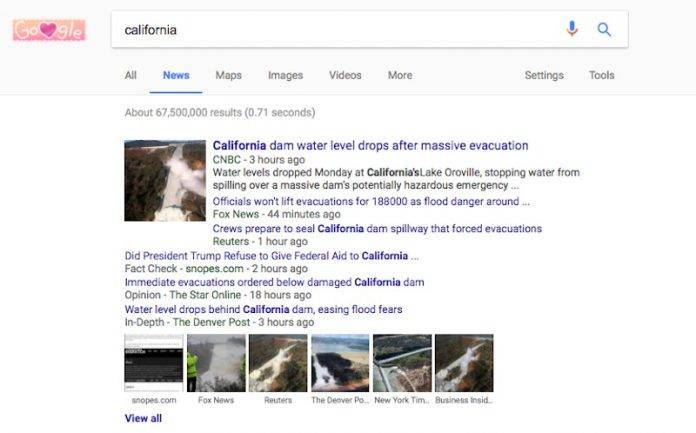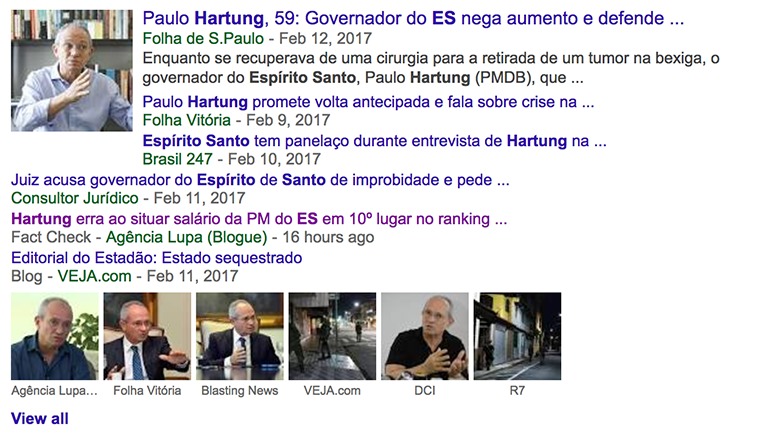
In this age of information and disinformation, it’s pretty crucial not just for news agencies but also for digital companies like Google to ensure that people are getting the right information, since for a lot of them, the Internet is their only source. Google launched the Fact Check tag to identify which are legitimate stories and bring them to the top of their search results. Now they are expanding this to three more countries: Brazil, Mexico, and Argentina.
Aside from identifying stories as local, satire, and user-generated, Google also launched the Fact Check label just last October because a lot of online users were getting confused with the proliferation of propaganda articles from all corners of the world. After launching in the US, it then expanded to France and Germany, and now, three more countries have been added to the list. Users in Brazil, Mexico, and Argentina will be able to see news articles that have been fact checked when they go to the expanded story box in news.google.com and in their Google News & Weather app as well.

For the aforementioned countries that have the Fact Check tag available, they will also be able to see the tag in the news mode in Search. So when you search for certain topics and go to the news tab, the top results would be those that have already been tagged as factual. There are now more than 120 organizations around the world that have dedicated themselves to ensuring that the information that people receive is actually true, as sometimes misinformation can affect lives.
Google also announced that they started supporting six new fact check related initiatives, as part of their Digital Initiative Fund. This includes Full Fact from the UK, The Ferret in Scotland, Factmata developed by University College London and University of Sheffield, Compass from Italy, Hoaxbuster Decoder from France, and Leserkritikk. Publishers may also apply to have their work appear with the Fact Check tag by using the ClaimReview schema from schema.org.
SOURCE: Google









